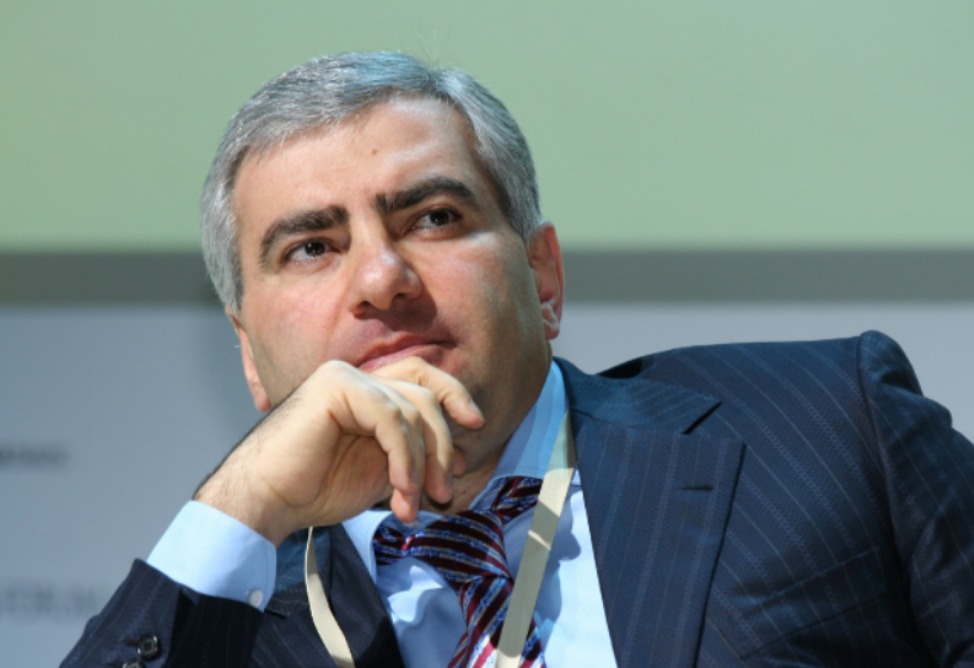U.S. deeply disappointed by Hungary’s decision to transfer Safarov to Azerbaijan
07.09.2012,
14:36
Acting Deputy Spokesperson for the U.S. State Department Patrick Ventrell confirmed the United States’ concern by the extradition to Azerbaijan and pardon of Azeri murderer Ramil Safarov, who killed an Armenian officer in 2004 and was convicted to life sentence in Budapest.

YEREVAN, September 7. /ARKA/. Acting Deputy Spokesperson for the U.S. State Department Patrick Ventrell confirmed the United States’ concern by the extradition to Azerbaijan and pardon of Azeri murderer Ramil Safarov, who killed an Armenian officer in 2004 and was convicted to life sentence in Budapest.
“Our statements expressed our deep concern in this regard,” he said adding that the United States really condemn any action that fuels regional tensions.
“That’s why we were so deeply disappointed by Hungary’s decision to transfer him (Safarov) to Azerbaijan,” he added.
He also mentioned the U.S. are going to continue to maintain contacts with both Armenia and Azerbaijan to peacefully resolve the conflict and reduce tensions.
The Azeri serviceman, Ramil Safarov, was given a life sentence for hacking Armenian officer Gurgen Markarian to death with an axe on 19 February 2004 in Budapest during NATO training. On 31 August Budapest extradited Safarov to Azerbaijan where he was immediately pardoned by President Ilham Aliyev.
These actions erupted outrage in Yerevan. On 31 August Armenia’s President Serzh Sargsyan invited the heads of all diplomatic missions in Armenia to the extraordinary meeting and said Armenia suspends all diplomatic relations with Hungary.
The conflict in Nagorno-Karabakh broke out in 1988 after the predominantly Armenian-populated Karabakh declared about secession from Azerbaijan.
As Azerbaijan declared its independence from the Soviet Union and removed the powers held by the Karabakh’s government, the Armenian majority voted in 1991, December 10, to secede from Azerbaijan and in the process proclaimed the enclave the Republic of Nagorno-Karabakh. Full-scale fighting, initiated by Azerbaijan, erupted in the late winter of 1992. International mediation by several groups including Europe's OSCE’s failed to bring an end resolution that both sides could work with.
In the spring of 1993, Armenian forces captured regions outside the enclave itself. By the end of the war in 1994, the Armenians were in full control of most of the enclave and also held and currently control seven regions beyond the administrative borders of Nagorno-Karabakh. Almost 1 million people on both sides have been displaced as a result of the conflict. A Russian- -brokered ceasefire was signed in May 1994 and peace talks, mediated by the OSCE Minsk Group, have been held ever since by Armenia and Azerbaijan. -0-



